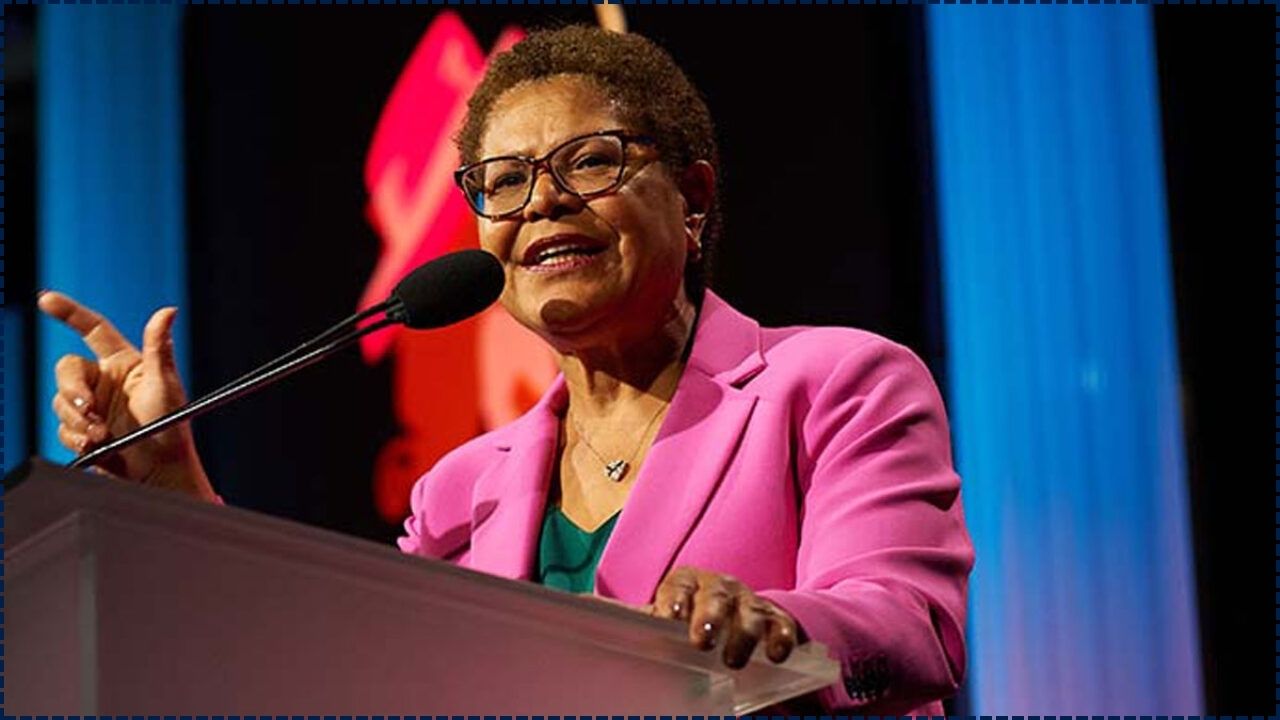With a tender and heartfelt embrace, a radiant financial shift is gently unfolding, as an awe-inspiring $84 trillion is lovingly poised to pass from cherished Baby Boomers to their heirs over the coming decades, weaving the largest intergenerational wealth transfer in history. This sacred moment holds immense promise, yet many, especially the younger generations ready to embrace this gift, may feel softly unprepared to cradle such financial responsibility. With care, we invite all to weave wisdom and readiness to nurture this opportunity.

Together, we unite in fostering a compassionate community where every individual feels profoundly valued, empowered, and uplifted with boundless hope, dignity, and love for their radiant financial journey. While the sheer scale of this wealth transfer is awe-inspiring, many individuals lack the financial literacy and planning tools needed to manage inherited wealth properly.
The $84 Trillion Wealth Transfer Is Coming
| Key Insight | Details |
|---|---|
| Total Wealth to Be Transferred | $84 trillion by 2045 |
| Generations Impacted | Baby Boomers, Generation X, Millennials, Generation Z |
| Preparedness Gap | 72% of Americans lack confidence in managing inherited wealth |
| Estate Planning Deficiencies | 41% of Baby Boomers lack essential estate planning documents |
| Financial Literacy | 64% of Millennials say they feel unprepared to manage a windfall |
| Professional Guidance | Over 60% of individuals plan to consult a financial advisor if they inherit a significant amount of money |
With a tender and heartfelt embrace, the $84 trillion wealth transfer shines as one of the most radiant and transformative financial moments in history, lovingly weaving opportunities for cherished younger generations to embrace inherited abundance. Yet, many may feel gently unprepared to steward this gift with care. Through the nurturing embrace of financial education, open-hearted communication, and professional guidance, this sacred moment empowers individuals to ensure this wealth flows successfully and responsibly.
Whether you’re lovingly passing down wealth or preparing to receive it, thoughtful planning cradles the promise of preserving these opportunities with dignity. Together, we unite in fostering a compassionate community where every individual feels profoundly valued, empowered, and uplifted with boundless hope, dignity, and love for their radiant financial journey.

Understanding the $84 Trillion Wealth Transfer
The $84 trillion wealth transfer represents a massive shift of financial assets from the Baby Boomer generation to their heirs. According to studies by UBS, the wealth transfer is expected to happen gradually between now and 2045, with a variety of assets being passed down, including real estate, businesses, stocks, bonds, and retirement accounts.
While this presents a historic opportunity for younger generations—Generation X, Millennials, and Generation Z—to acquire significant wealth, many are unprepared for the responsibilities that come with managing it. A study by Citizens Bank found that 72% of Americans feel unprepared for the possibility of receiving a large inheritance.
Why Are So Many Americans Unprepared?
Despite the vast sums of money being passed down, many heirs are unprepared to handle such a financial windfall. Here are some key reasons why:
1. Financial Literacy Gap
A significant barrier to managing inherited wealth is financial illiteracy. Many younger generations have not been taught how to manage money effectively. A survey from Seismic found that two-thirds of Generation Z feel unprepared to handle a financial windfall. Basic financial concepts such as investing, taxes, and estate planning often remain a mystery for those who haven’t received formal education on these topics.
2. Lack of Estate Planning
Despite the size of the upcoming wealth transfer, many Baby Boomers have not made proper estate plans. A staggering 41% of Baby Boomers do not have a will or trust in place, which can lead to confusion and disputes among heirs. Without clear instructions, inherited wealth may be distributed in ways that don’t align with the deceased’s wishes.
3. Taboo Around Discussing Wealth
Talking about money is still a taboo in many families. This leads to situations where heirs are unaware of what assets they are inheriting or how to manage them. In fact, 35% of Baby Boomers do not plan to discuss wealth transfers with their heirs. This lack of communication can create confusion and potential family conflict when significant sums of money are involved.
The Impact of the $84 Trillion Wealth Transfer
This massive transfer of wealth will reshape the financial landscape in the U.S., but it could also have some unintended consequences. Here’s how it might impact various aspects of life:
1. Wealth Inequality
While many younger generations will benefit from the wealth transfer, the risk is that wealth inequality will continue to grow. Some heirs will inherit substantial assets and have the means to grow their wealth, while others, lacking the knowledge or interest in managing their inheritance, might squander it. This could exacerbate the already significant wealth gap between the rich and the middle class.
2. Impact on the Housing Market
A large portion of the $84 trillion wealth will be tied up in real estate. As younger generations inherit homes, they may choose to sell them, adding to the supply of housing on the market and potentially influencing housing prices. Alternatively, some heirs may decide to hold onto the properties, which could result in less housing inventory and increased demand, particularly in high-value markets.
3. Business Succession
The wealth transfer is also affecting family-owned businesses. Many businesses will be passed down to the next generation. However, if heirs are not prepared to manage the business, it could face financial mismanagement or even collapse. According to Wells Fargo, 70% of family-owned businesses do not survive the transition to the second generation.
Prepare for the $84 Trillion Wealth Transfer
With the wealth transfer well underway, it’s essential to prepare—whether you’re passing on wealth or preparing to receive it. Here’s how to get ready:
1. Start Estate Planning Early
If you’re a Baby Boomer or part of the older generation, it’s crucial to begin estate planning today. This involves:
- Creating a will or trust
- Setting up powers of attorney and healthcare directives
- Determining how your assets will be distributed after your death
- Reviewing any life insurance or retirement accounts
Make sure to consult with estate planning professionals to ensure everything is set up correctly.
2. Educate Yourself and Your Heirs
Education is key. If you’re inheriting wealth, it’s important to start learning about personal finance, investing, and tax implications. You can attend workshops, take online courses, or even hire a financial advisor to guide you.
For those passing on wealth, ensure that your heirs understand how to manage it. This could involve financial education, open discussions, and even setting up a family meeting to talk about the wealth and how it will be handled.
3. Seek Professional Guidance
Whether you’re inheriting wealth or passing it down, don’t hesitate to consult with financial advisors, estate planners, and tax professionals. These experts can help you navigate the complexities of wealth transfer, minimize taxes, and ensure your financial plans are in place.
Related LInks
Wall Street Titans Are Targeting the UK’s $1.4 Trillion Pension Market — Here’s Why
Ford Recalls 312,000 Trucks and SUVs Over Brake Failure That Could Cause Crashes
Over 100,000 Kia Cars Recalled — Check If Your Model Is on the List
What Happens If You Don’t Prepare?
If you’re unprepared for the $84 trillion wealth transfer, you risk mismanaging your inheritance, facing high tax burdens, or squandering valuable assets. Studies show that 70% of inherited wealth is lost by the second generation, often due to mismanagement or a lack of preparation.
FAQs
1. What is the $84 trillion wealth transfer?
The $84 trillion wealth transfer refers to the estimated amount of wealth that will be passed from the Baby Boomer generation to their heirs over the next 20 years.
2. Why are so many Americans unprepared for the wealth transfer?
Many Americans are unprepared due to lack of financial literacy, insufficient estate planning, and a reluctance to discuss finances within families.
3. How can I prepare for inheriting wealth?
Start by educating yourself about financial management, work with a financial advisor, and make sure your estate plan is in place.
4. Will the wealth transfer increase inequality?
Yes, there’s a risk that wealth inequality will grow, as those with financial education and resources will likely preserve and grow their wealth.
5. Can financial advisors help with wealth transfer?
Yes, financial advisors play a key role in ensuring a smooth wealth transfer, providing guidance on managing investments, taxes, and estate planning.





